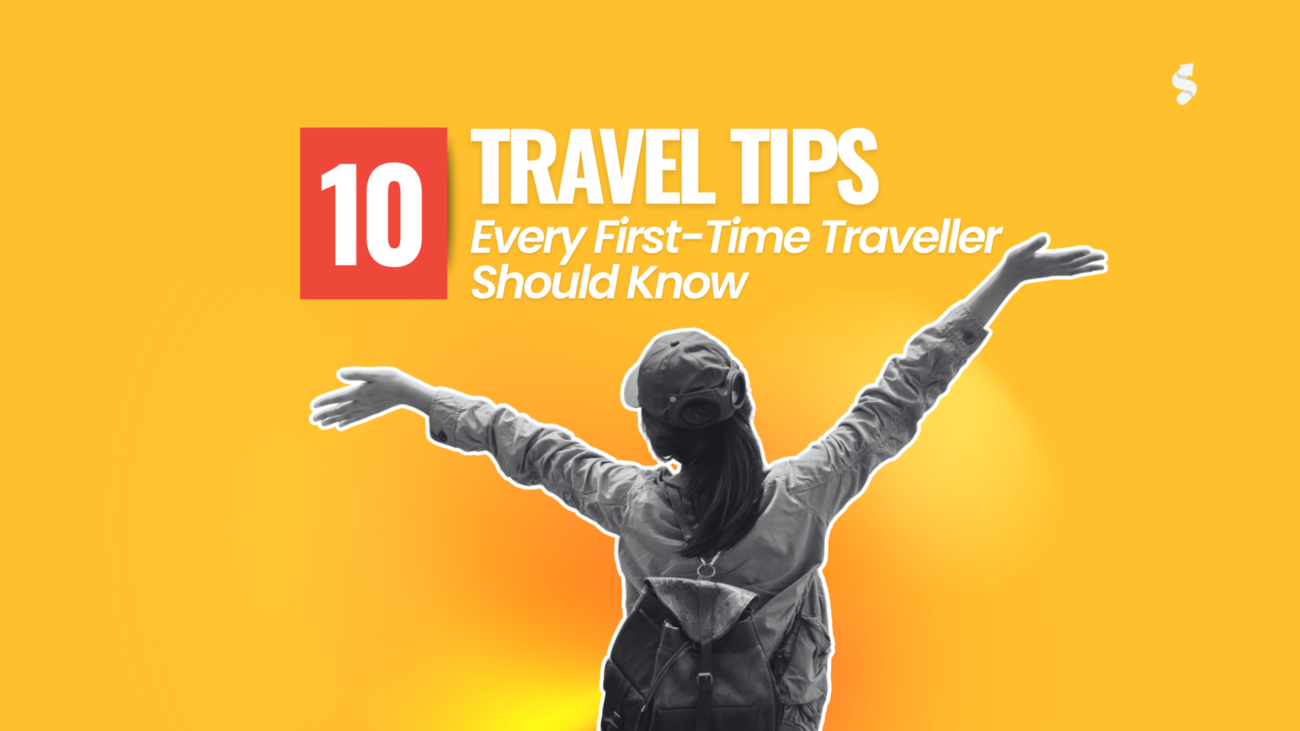Traveling is one of life’s greatest pleasures. Exploring new cultures, tasting exotic cuisines, and stepping outside your comfort zone can be deeply rewarding. However, safety should always be a top priority when venturing away from home. Whether you’re a seasoned globetrotter or a first-time traveler, following these essential travel safety tips can help ensure your journey is memorable for the right reasons.
1. Research Your Destination Thoroughly
Before you even pack your bags, do your homework. Learn about the local culture, customs, laws, political climate, and areas to avoid. Reliable sources include:
-
Government travel advisories (e.g., U.S. Department of State, UK Foreign Office)
-
Travel forums like TripAdvisor or Reddit’s r/travel
-
Reputable guidebooks and travel blogs
Knowing what to expect will help you adapt and stay safe while respecting local norms.
2. Share Your Itinerary with Trusted Contacts
Always let someone at home know your travel plans. Share your itinerary, flight details, hotel reservations, and contact information. Consider using a shared Google Doc or trip-planning app like TripIt. Regular check-ins via text or email also help in case of emergencies.
3. Keep Digital and Physical Copies of Important Documents
Misplacing your passport or ID in a foreign country can be a nightmare. Always:
-
Keep a physical copy of your passport, visa, and insurance
-
Store digital copies in a secure cloud storage or encrypted folder
-
Use a waterproof travel document organizer
4. Get Travel Insurance
Unexpected illnesses, injuries, or trip cancellations can cost you thousands. Invest in comprehensive travel insurance that covers:
-
Medical emergencies
-
Theft or loss of belongings
-
Trip delays or cancellations
-
Emergency evacuations
Read the fine print to ensure coverage matches your destination and activities.
5. Stay Aware of Your Surroundings
One of the best travel safety tips is simply staying alert. Avoid looking overly distracted by your phone or map, and trust your instincts. If something feels off—leave. Don’t walk alone in poorly lit or unfamiliar areas at night, and be cautious in overly crowded places, which are common pickpocketing zones.
6. Secure Your Belongings
Protecting your possessions minimizes risk:
-
Use anti-theft backpacks with lockable zippers
-
Carry only essential cash and cards
-
Wear a money belt or neck pouch for valuables
-
Store backup cash in a separate location (like your shoe or hidden pocket)
At your accommodation, use hotel safes or portable travel safes.
7. Avoid Oversharing on Social Media
Posting real-time updates about your location can make you a target for theft or scams. Delay posting until after you’ve left a destination. Avoid tagging your hotel or sharing flight numbers publicly.
8. Be Wary of Common Scams
Scams vary by country, but some are universally common:
-
Fake taxis or inflated fares
-
Overfriendly locals trying to lead you somewhere
-
“Broken” taxi meters or rigged currency exchanges
Read up on local scams before arriving and stay cautious.
9. Learn Basic Local Phrases
Knowing how to say “Help,” “Police,” or “I’m lost” in the local language can be crucial in emergencies. Apps like Google Translate or offline language guides can be lifesavers.
10. Follow Health and Hygiene Guidelines
Travel exposes you to different pathogens and environmental factors. Stay healthy by:
-
Drinking bottled or filtered water (if tap water is unsafe)
-
Carrying a basic first-aid kit
-
Staying up to date on travel vaccines
-
Using hand sanitizer and avoiding risky street food
11. Use Reputable Transportation
Avoid unlicensed taxis or sketchy ride-sharing arrangements. Opt for:
-
Rides from official taxi stands
-
Pre-booked airport transfers
-
Verified ride-sharing apps (e.g., Uber, Bolt, or Grab depending on region)
Always check driver details before getting in.
12. Respect Local Laws and Customs
Some gestures or clothing that are normal in your home country may be offensive or illegal elsewhere. Research:
-
Dress codes (especially in conservative or religious areas)
-
Alcohol and drug laws
-
Public behavior expectations
-
Photography rules (e.g., military sites or local people)
Ignorance isn’t an excuse abroad.
Final Thoughts: Travel Smart, Stay Safe
Travel doesn’t have to be risky—but being unprepared can put you in danger. By following these practical travel safety tips, you’ll protect yourself physically, financially, and emotionally. Safe travel isn’t about being paranoid; it’s about being prepared.
Remember: Your safety is the foundation for a successful adventure.
🔒 Quick Travel Safety Checklist:
✅ Photocopy important documents
✅ Buy travel insurance
✅ Inform someone of your itinerary
✅ Pack a first-aid kit
✅ Avoid oversharing online
✅ Learn local emergency numbers
✅ Stay alert, stay respectful


